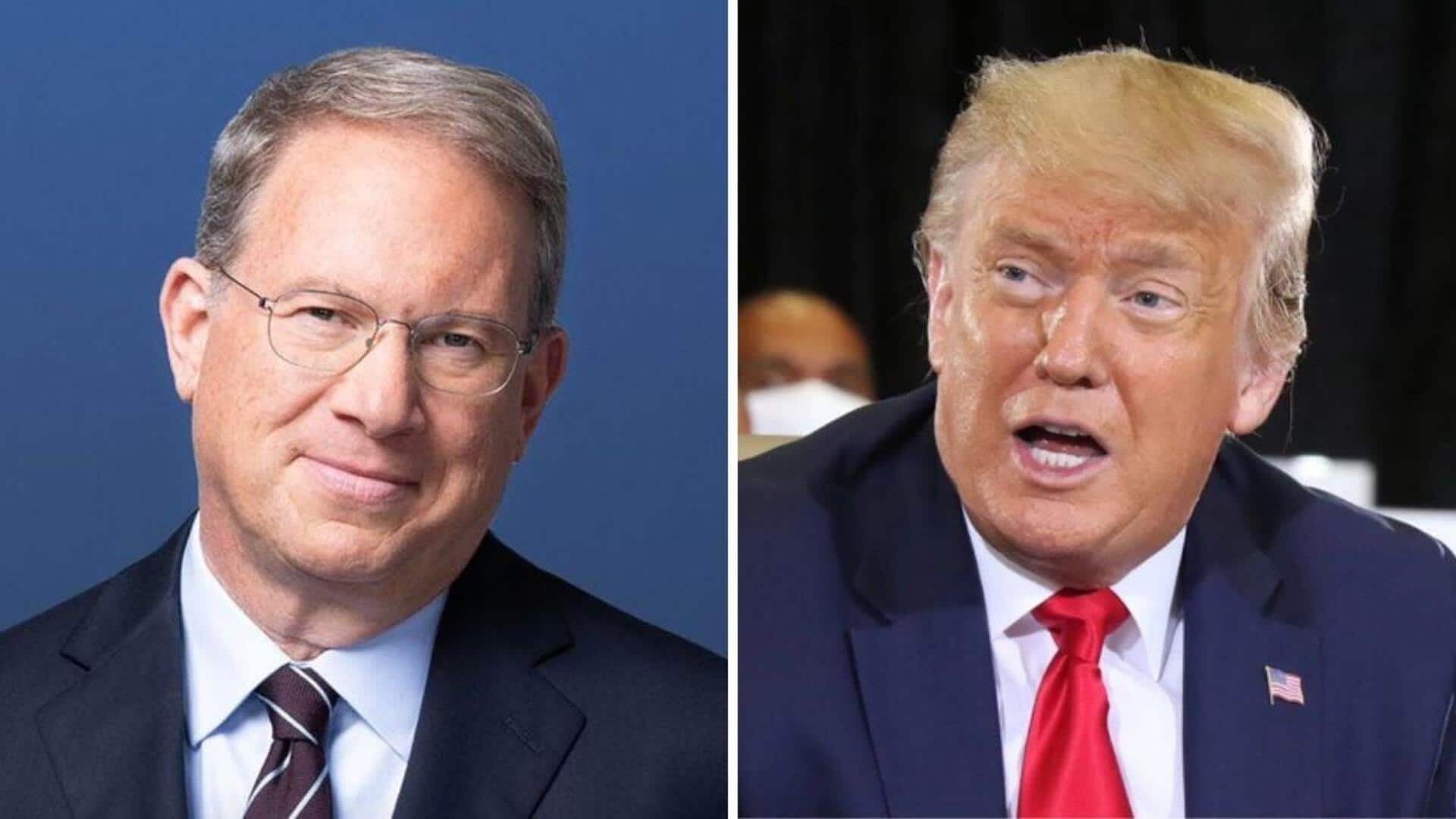
Who's Jeffrey Goldberg? Journalist who accidentally received US war plan
What's the story
Jeffrey Goldberg, the Editor-in-Chief of The Atlantic, was accidentally included in a group chat where top officials of Donald Trump's administration were talking about imminent military operations against Yemen's Houthi rebels.
The chat group, titled "Houthi PC small group," included Vice President JD Vance, Secretary of Defense Pete Hegseth, and National Security Adviser Mike Waltz.
"No one in the chat had seemed to notice that I was there. And I received no subsequent questions about why I left," he wrote.
Unintended breach
Goldberg's unexpected inclusion in classified chat
Goldberg said he was added to the secretive chat group on March 13, with no warning.
The next day, he received a message from an account called "Pete Hegseth," detailing a plan for strikes in Yemen.
It included "weapons packages, targets, and timing" of the upcoming attack.
The National Security Council later verified the messages' authenticity to CBS News.
Official responses
Trump, Hegseth respond to the security breach
When asked about the incident at a White House press briefing, President Trump denied knowledge of the matter.
"I don't know anything about it," he said. "I'm not a big fan of The Atlantic. To me, it's a magazine that's going out of business."
Secretary Hegseth, meanwhile, denied sharing war plans with a journalist and avoided queries on whether this was classified information.
Journalist profile
Goldberg's background and career
Goldberg was born in Brooklyn, New York, and raised in Malverne, Long Island. He has covered war zones, including Afghanistan and Iraq.
His experience includes working with The Washington Post, The Forward, New York Magazine, and The New Yorker.
He joined The Atlantic in 2007 as a national correspondent after two years of convincing by Chairperson David G Bradley and, in 2016, was named the magazine's 15th editor in chief